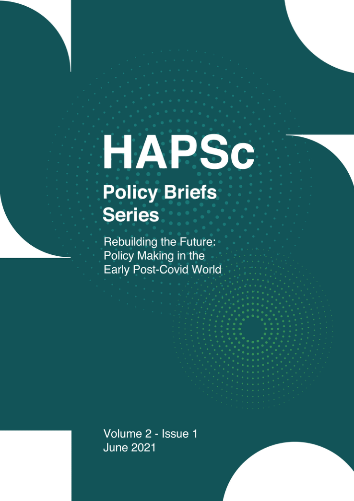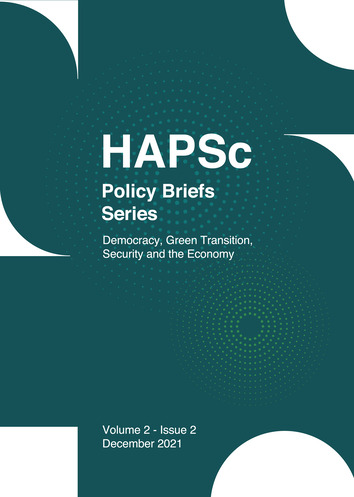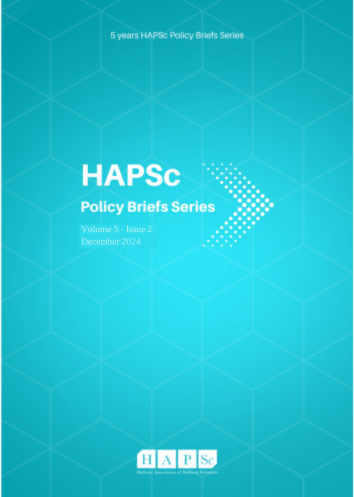Post-Pandemic Recovery and Sustainable Growth in the EU: A Post-Keynesian Approach
Abstract
Once again, the EMU faces an economic crisis, this time caused by the Covid-19 pandemic. To avoid the mistakes of the insufficient response to the global financial crisis, it is vital that this time the focus will turn on achieving fast, sustainable recovery, instead of contractionary measures that would hinder recovery and long-term growth. This paper briefly presents the basic elements of the Post-Keynesian / Post-Kaleckian framework of analysis for the economic regimes. The concept of the wage-led and profit-led regimes is addressed, based on which it can be assessed what kind of policies are needed in an economy to promote sustainable, long-term growth. As the relevant literature finds that the Euro Area as a whole and most of the Eurozone members are wage-led, it is concluded that the EU needs to design and implement policies that will strengthen the labor share and address the long-standing problem of unemployment. Given the need to counter climate change, the proposed policies should be coordinated and used as tool to achieve the goals set by the European Green Deal.
Article Details
- Come citare
-
Emmanouil-Kalos, A. (2021). Post-Pandemic Recovery and Sustainable Growth in the EU: A Post-Keynesian Approach. HAPSc Policy Briefs Series, 2(1), 198–206. https://doi.org/10.12681/hapscpbs.27645
- Sezione
- Articles

TQuesto lavoro è fornito con la licenza Creative Commons Attribuzione 4.0 Internazionale.
Authors retain copyright and grant the journal right of first publication with the work simultaneously licensed under a Creative Commons Attribution License that allows others to share the work with an acknowledgement of the work's authorship and initial publication in this journal.





